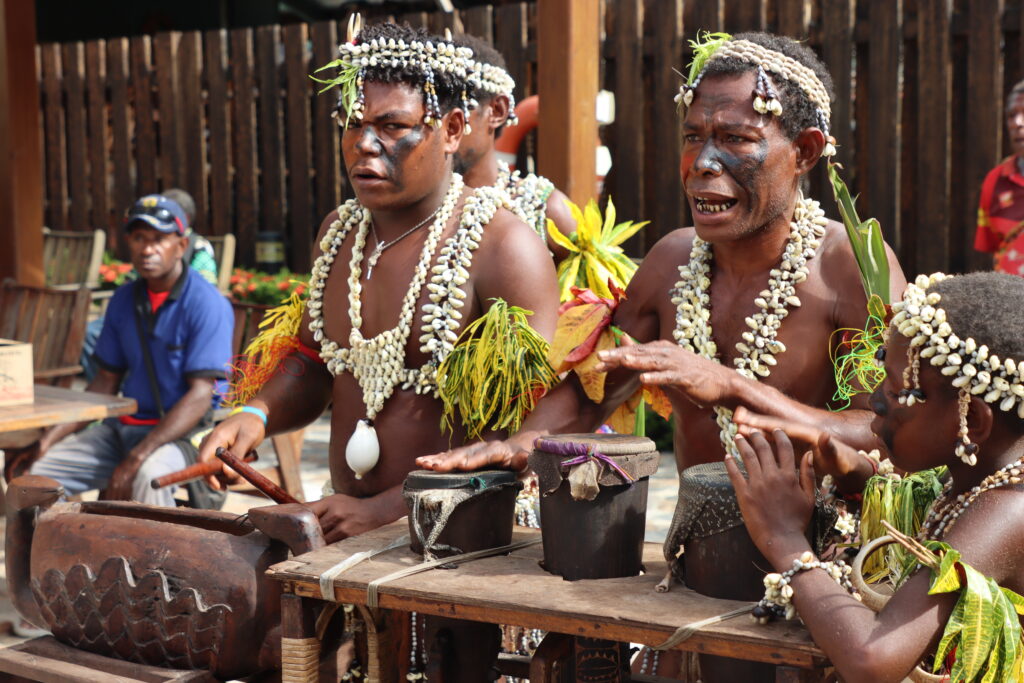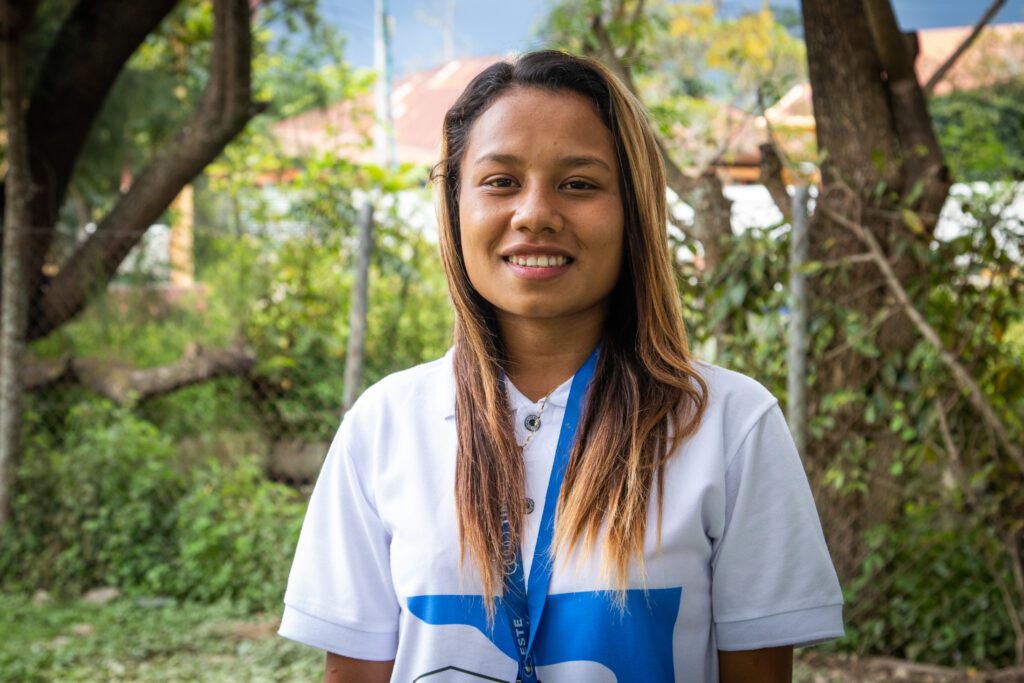Let’s face it, it’s been a tough year. We were all hoping for a bit of respite from disease, famine and fire but 2022 has, in many ways, thrown us even greater challenges. So right now I need some optimism, something to celebrate.
And that something does exist. It’s a new program that makes me smile in gratitude because it’s a simple idea that seems to have made life better – for women, their families and their communities.
The Women’s School of Leadership has been rolled out in the Pacific – Timor-Leste and Papua New Guinea (PNG) – for the first time ever in 2022. It’s run by Fairtrade Australia New Zealand (ANZ), with a little help from our friends (like the Australian Department of Foreign Affairs in Australia and the NZ Ministry of Foreign Affairs).
Around twenty students from Fairtrade coffee farming cooperatives in both Timor-Leste and PNG took part in the program over the course of the year and graduated recently. Their subjects included topics as diverse as income diversification, sustainable farming practices and gender equality.
Amy Child, Gender and Child Protection Advisor for Fairtrade ANZ, said that the initiative is life-changing for everyone involved.
“It’s not just women who participate, although they are in the majority. The school is really about getting both men and women to understand the value of women in business, leadership, farming and across all parts of society,” says Amy.

Traditional dancers from Unen Choit coffee farmer cooperative welcomed the graduates and special guests to the graduation ceremony for the Gender School of Leadership in PNG. Picture: Supplied
“The hope is that all the participants go on to become gender equality ambassadors and leaders in their own communities so that change happens from the ground up.”
The schools were well received in both countries with local dignitaries and government officials, including President Dr. Jose Ramos Horta in Timor-Leste, attending the graduation ceremonies. This was, in part, a result of the program being designed from the grassroots and utilising in-country expertise so that the lessons were relevant and culturally appropriate. For example, the PNG school had a name change. It became the Gender School of Leadership despite the program usually being referred to as the Women’s School of Leadership in other parts of the world.
“We felt that Gender School of Leadership made more sense in the PNG context after consultation with lots of different stakeholders. I am also proud to say that we drew upon local skills to deliver the curriculum so that it worked for PNG,” says Gabriel Iso, PNG Team Leader for Fairtrade ANZ.
“The coffee growers know that we understand not just the coffee business but also what the community needs. Our work is about fair pay for coffee but also assisting in areas like women’s rights, child protection and environmental sustainability.”
The program is delivered in modules and in PNG, the facilitators were thrilled to learn of the popularity of outreach work that participants were doing in local communities between classes. It was reported that in some remote villages more than 100 people travelled to listen to school participants speak about what they had learnt about how to change the gender paradigm.
PNG participant Veronica Akianang expressed it in this way: “In all rural communities, women and girls are often neglected, yet they are passive achievers… They plant the trees, they plant crops, they do care for land, rear animals, and work on the farm each day, yet, their voice is not being heard. They are left behind … and are unable to reach to their full potential.”
Her feelings are echoed in international research. A UN study showed that on average, women make up about 43 percent of the agricultural labour force in developing countries. Evidence indicates that if these women had the same access to productive resources as men, they could increase yields on their farms by 20 to 30 percent, raising total agricultural output in these countries by 2.5 to 4 percent.

Madalena da Costa Soares, 23, graduate of the first Fairtrade Women’s School of Leadership in Timor-Leste. Picture: Supplied
Amy Child says the program aims to address this: “Recognising womens’ contributions is crucial for both the women themselves and their communities because when womens’ work is valued, it means their opinions and ideas are also valued. This enables them to become decision makers and leaders, which are all steps towards gender equality, especially in rural communities.”
Madalena da Costa Soares, a graduate from the Timor-Leste Women’s School of Leadership, spoke at her graduation ceremony in front of President Ramos Horte and was encouraged by him to think big: “I was very excited… it was my first time meeting him and speaking in front of him. And he said that he was so impressed that he would support me to become a member of Parliament.”
It seems 2022 did deliver something then.
- Picture at top: Some of the first cohort of students at the graduation ceremony for the Gender School of Leadership in PNG. Picture: Supplied
Virginia Jones is the Head of Communications and Marketing at Fairtrade ANZ. Her hope is that her work goes a small way towards making the world a fairer place, especially for women including her two sassy pre-teen daughters.





